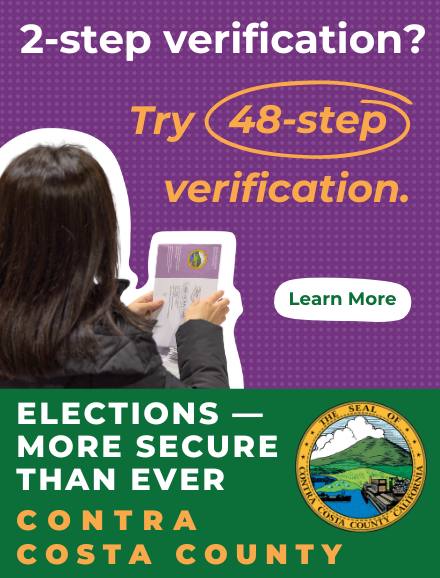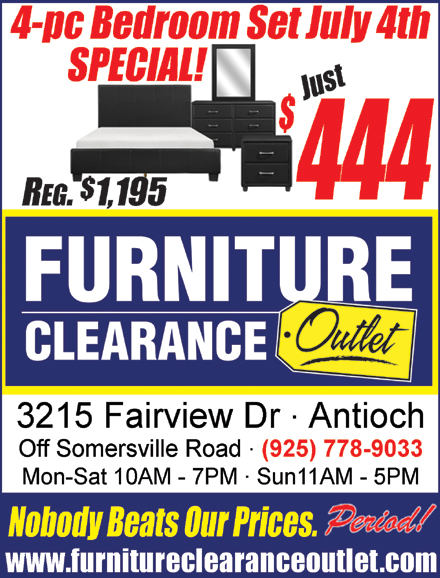Watchdog: Council’s tax measures avoid 2/3 vote requirement
 The Antioch City Council’s been busy lately holding a number of special meetings to discuss future tax measures and the selection of a new City Manager.
The Antioch City Council’s been busy lately holding a number of special meetings to discuss future tax measures and the selection of a new City Manager.
In regard to the proposed sales tax and business license tax ballot measures for the November 2013 ballot, it’s important to note the wording in the March 20th memo from Jim Jakel, City Manager and Lynn Tracy Nerland, City Attorney, specifically this quote “although these measures would be general taxes requiring a majority vote of the electorate, it is expected that passage of the revenue measures would create additional funding that would be budgeted for the Council’s stated priorities of increasing Police Department and Code Enforcement staffing.”
It’s the old shell game folks, similar to Antioch’s 2010 Measure P which failed to pass, opponents stating it would have a negative impact on local business and cautioning the money, which would go into the city’s general fund, could be used for any purpose.
The reason Council is hesitant to put a dedicated police tax measure on the ballot is because it would require 2/3 voter approval to pass. Passage would be difficult because we’re dealing with a difficult and uncertain economy (check out all the vacant store sites). Also, as of April 1st, we’re having to pay an additional quarter cent statewide sales tax (Prop. 30 passed by voters in November.) and in July we’re also going to be hit with a statewide gasoline tax increase which will make California’s gas tax the highest in the nation.
As for the proposed business license tax, the report states “council consensus was to freeze the gross receipts tax on most businesses for a period of time and to keep the tax provisions simple and fair in applying to all entities conducting business in Antioch. To that end, it was clear that the rentals of single family residences (e.g. houses, townhouses, condos, duplexes etc.) are a business being conducted in Antioch. Just as apartments currently pay a gross receipts business license tax, rentals of single family residences should also pay a business license tax.”


























